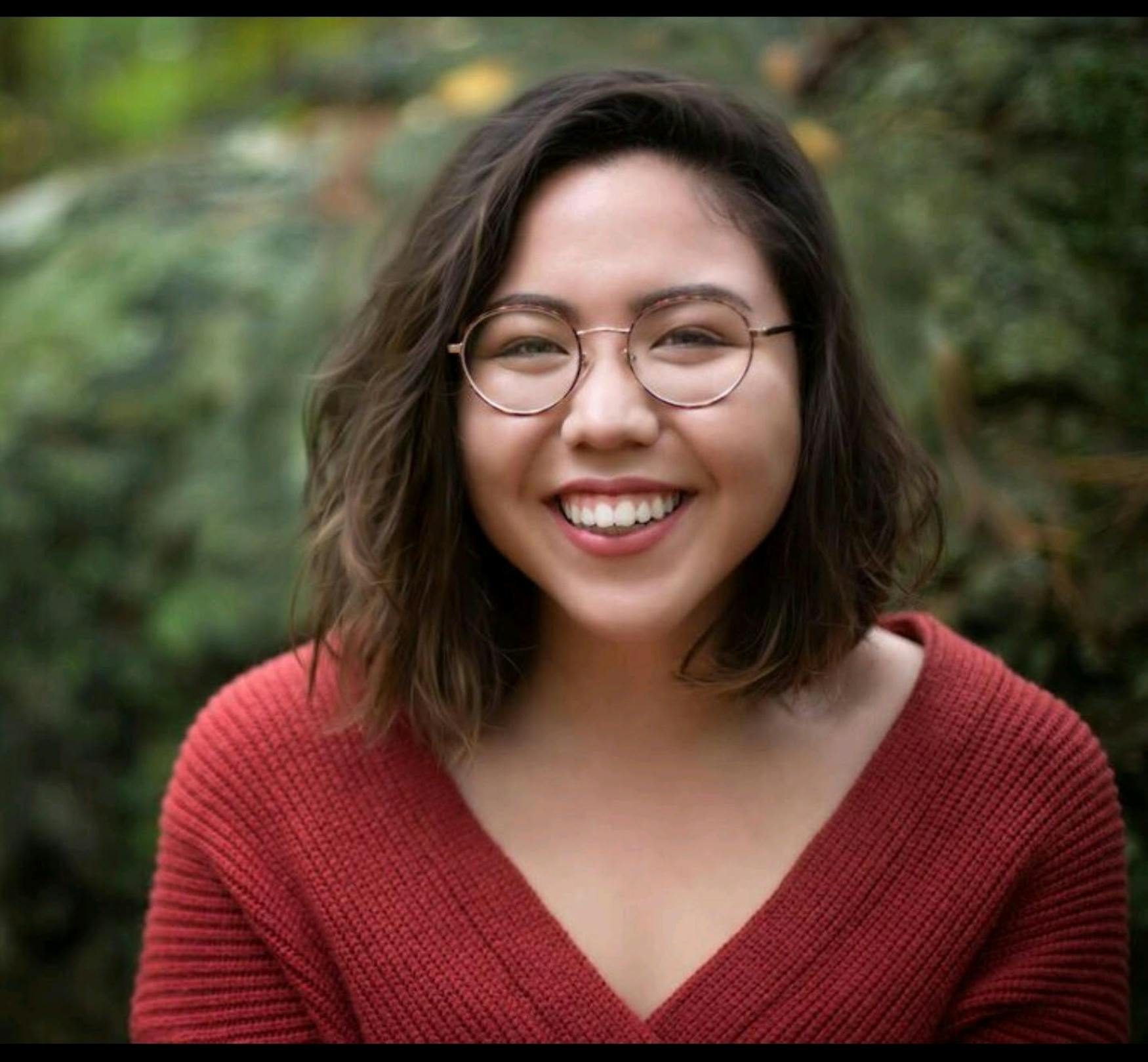Interview with Emily Pollack
This week, JustArts&Culture talked with Emily Pollack ’21, the director of the play “R&J,” an adaptation of Shakespeare’s “Romeo and Juliet” by Joe Calarco. The play reinvents the classic story by setting it in an all-girls Catholic school and tells a series of “forbidden” stories surrounding the four main characters.
JustArts&Culture: As the director, what are the hardships you faced re-adapting this classic play by William Shakespeare?
Emily Pollack: The difficult part of it was that the original cast was all-male to mimic Shakespeare’s all-male cast, and our production is all-female. So is our production team — our entire production team, everyone working on it was female. So one of the hardships was there were some moments in the script that, you could tell, it was written for men. So the hard part sometimes was to break through that. But halfway through the play I realized that it was not such a big “wall” to break down. Because my production group and I all agreed that women could just be as passionate and violent as men. There are certain moments in the play that I think gender disappears. I actually learned a lot through the show. I found that [some hardships I found] were not hardships at all.
JAC: Why do you want to re-adapt the play and set it into a all-girls Catholic high school? When I read the introduction, it felt it a lot like the setting of “Little Women.” Is that just an illusion or am I on the right track?
EP: Oh, yes. You’re totally right. I didn’t even think about that. Because I was always in the mindset of the original script, the playwright — the original setting mimicking “Dead Poets Society.” But with an all-women cast, it does really mimic that whole part of “Little Women” where they all dressed up as characters and as fairies and as men, and put on those shows. There is a sort of freedom the women in “Little Women” later realized that it is not easy to get later. Yes, so they (actresses) find power to be able to play men in Shakespeare.
JAC: Is that how you feel when you are directing the play?
EP: Yes. Because all of Shakespeare’s shows were all written for men. So twisting those parts and finding where women can find power in those shows has been my favorite part in directing the show.
JAC: You mentioned that in the play “Romeo & Julie” is a forbidden text. Why is that?
EP: I think it has to do with that these texts were not condoned by the Catholic Church — suicide, marrying young or marrying without consent. Also it’s about young people disobeying authority. That’s probably a big reason why it is forbidden in the world Joe Calarco built. And, hopefully, we created the same kind of danger that he created in the script.
JAC: How would you translate the tragic love story to the fracture of friendships? What’s the deeper meaning behind the story that you want to convey to the audience?
EP: I personally believe that it is impossible to have a good understanding of romantic love without having a good basis of friendships. And women’s friendships especially are important in crafting an in-depth understanding of romance. Stretching all the way back to 19th-century literature, like in Jane Austen, you can see how women’s friendships are important in understanding love. And with this production in “R&J,” I wanted to show the importance of friendship next to romantic love. How they interweave and rely on each other. I feel like in modern stuff, it is so easy to pass on a love story and look over female friendship. But they are really integral in understanding love today and love as women. And there are many restrictions that women still face in their friendship, love and the world for centuries and centuries. And in “Romeo and Juliet,” Juliet doesn’t have many friends but old women who don’t really understand her. So it is really special for me to be able to add in friends for Juliet through this adaptation and to see how that affects the story.
JAC: Is there anything else you want to tell our audience?
EP: This process of working with my amazing, amazing cast and crew has taught me so much and made me more proud of being a woman. And I hope that audience members who come see the show can find the same kind of power that I found in the show.
—Jacqueline Wang



Please note All comments are eligible for publication in The Justice.